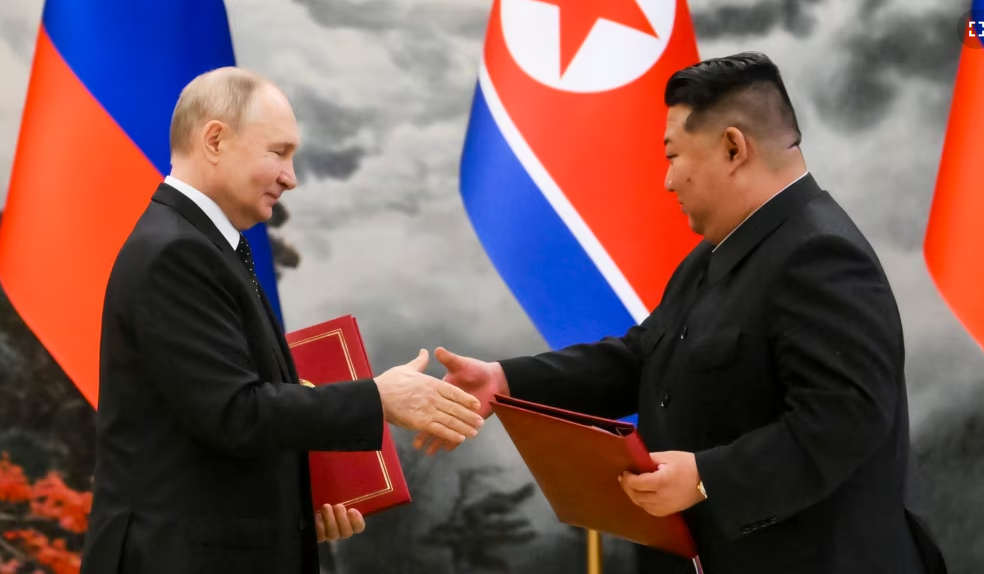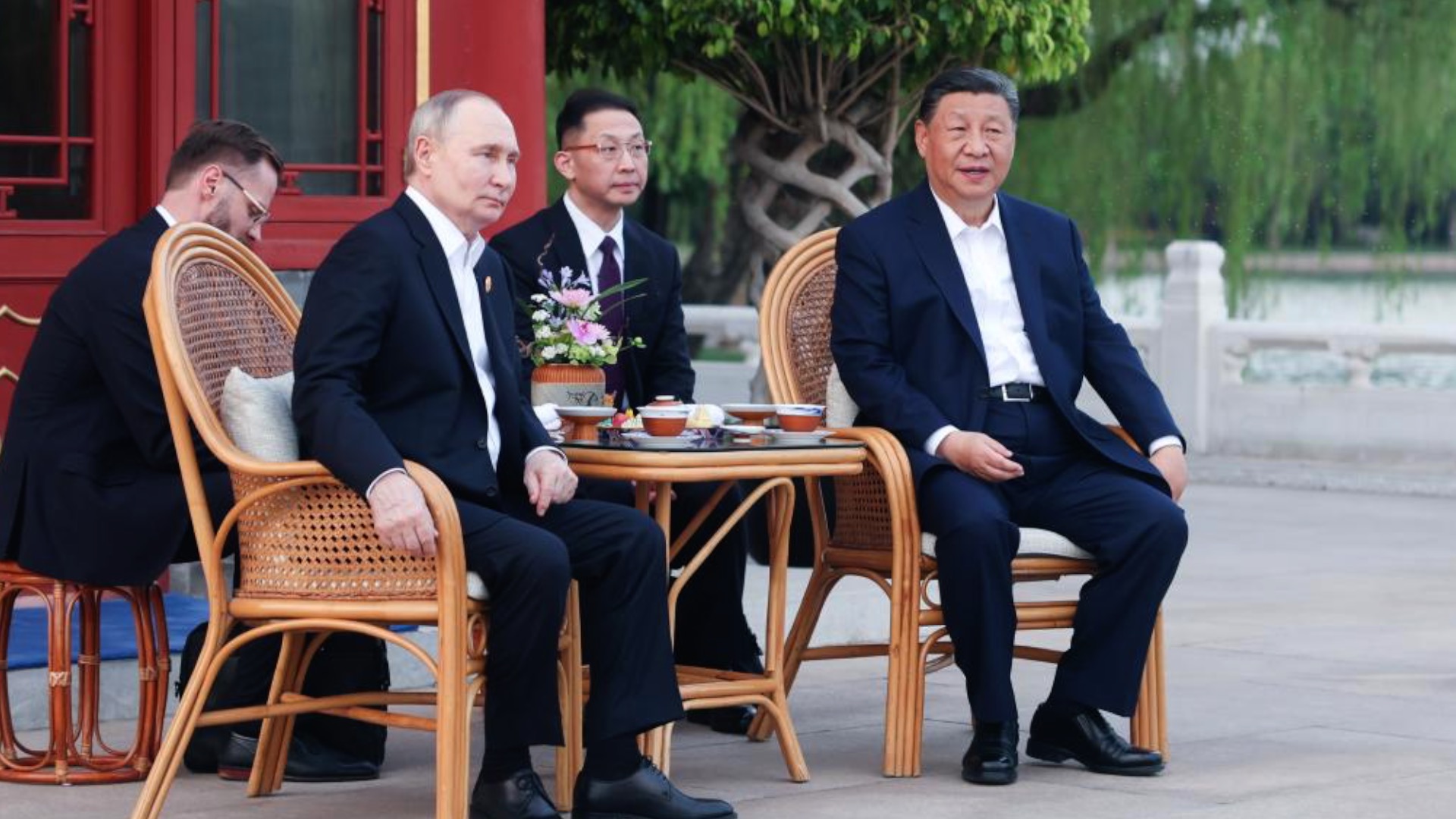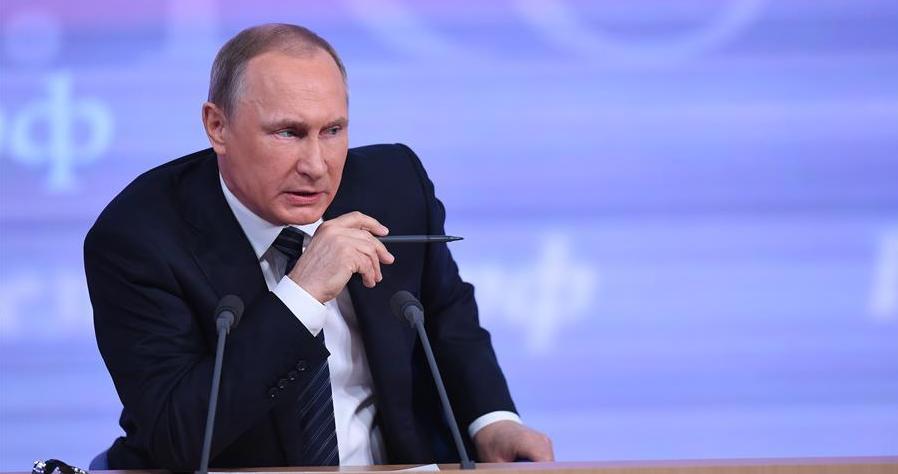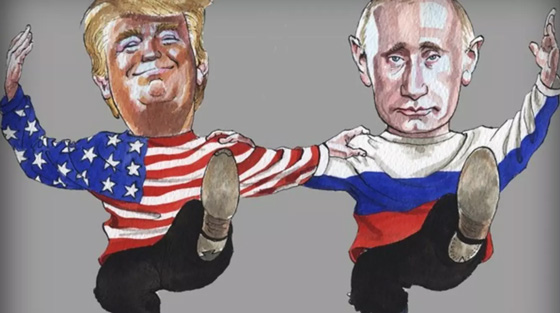
Zhang Yun, Associate Professor at National Niigata University in Japan, Nonresident Senior Fellow at University of Hong Kong
Jul 04, 2024
While China and the United States are the most important external stakeholders on the Korean Peninsula, Russia has focused more on its strategic interests in the region out of concern over security issues in Europe. To achieve enduring peace, communication must resume under the multilateral framework of the Six-Party Talks.

Han Lu, Deputy Director of Department for European-Central Asian Studies, China Institute of International Studies
May 27, 2024
China and Russia have grown closer, but not just because they want to support one another in the face of Western pressure. Their relations have a long-standing momentum of their own. Guided by their heads of state, the comprehensive strategic partnership will only grow stronger.
Yasheng Huang, Professor, MIT’s Sloan School of Management
Mar 08, 2022
China’s response to Russia’s war against Ukraine has been heavily scrutinized and criticized. While Chinese officials have expressed concern about civilian casualties, they have declined to condemn the attack, which they regard as a response to NATO expansion, and they have declared that they will not join the West in imposing financial sanctions on Russia. Yet China has hardly given full-throated support to Russian President Vladimir Putin. The question is whether this relatively neutral stance by China could prove crucial to preventing further dangerous military escalation.

Brahma Chellaney, Professor, Center for Policy Research
Jun 13, 2017
U.S.-led sanctions against Moscow are helping to create a more assertive Russia determined to countervail American power, even as a special counsel investigates alleged collusion between President Donald Trump’s election campaign and Moscow, have compelled Russia to pivot to China.

Yin Chengde, Research Fellow, China Foundation for International Studies
Feb 15, 2017
During his time in office, President Trump will relax and possibly abolish sanctions against Russia and mend the relationship between the US and Russia considerably. But the sense that Russia is a major threat and strategic opponent of the US, which needs to be contained, enjoys bipartisan consensus and represents mainstream opinion in US society. Trump must develop relations with Russia slowly and can only go so far; otherwise, his position will become untenable.
Richard Javad Heydarian, Professorial Chairholder in Geopolitics, Polytechnic University of the Philippines
Jan 24, 2017
Since his election in mid-2016, the Philippines’ tough-talking mayor-turned-president, Rodrigo Duterte, has lavished Russia with praise. Moscow’s rapprochement with Manila is part of a broader effort by the Eurasian powerhouse to assert its long-diminished strategic presence in the Far East and the Western Pacific, including in the South China Sea.
Jan 16, 2015
This year is going to be very challenging for Russia. The country has entered recession, with GDP probably contracting by 5 percent or more, inflation soaring t
Chen Xiangyang, Director and Research Professor, CICIR
Jul 23, 2014
The tragedy of flight MH17 may be a turning point for the crisis in Ukraine as international public opinion turns against Pro-Russia forces and Russia. In a world where regional conflicts are globalized, the Sino-Russian relationship could complicate relations between China and Europe, but the renewed focus on Russia may force the US to reduce strategic pressures on China.
Stephen Harner, Former US State Department Official
Apr 08, 2014
Following issues in Crimea, the topic of “core national interests” continues to emerge as a critical point in geopolitics. As Stephen Harner explains, it is necessary for the United States to follow China’s lead and define its own core interests. By eliminating any uncertainty over national priorities, both nations can continue seeking “A New Type of Great Power Relations.”
He Wenping, Senior Research Fellow, Charhar Institute and West Asia and Africa Studies Institute of the China Academy of Social Sciences
Sep 26, 2013
The threat of war from the chemical weapons crisis in Syria has waned, but has not disappeared, writes He Wenping. The Putin initiative marked a high-profile return to the Middle East, indicating that Russia has become an important player in the region, and to some extent, a decision-maker.